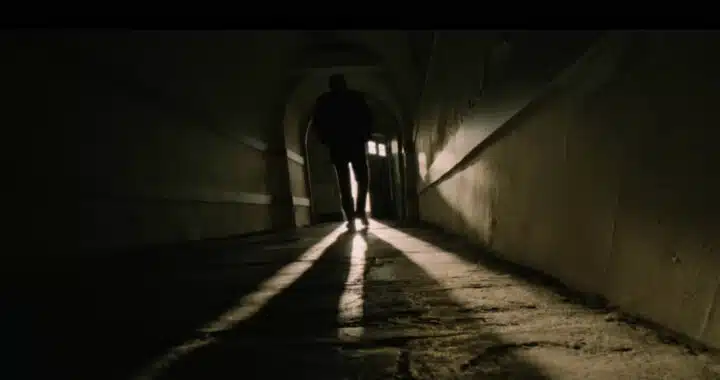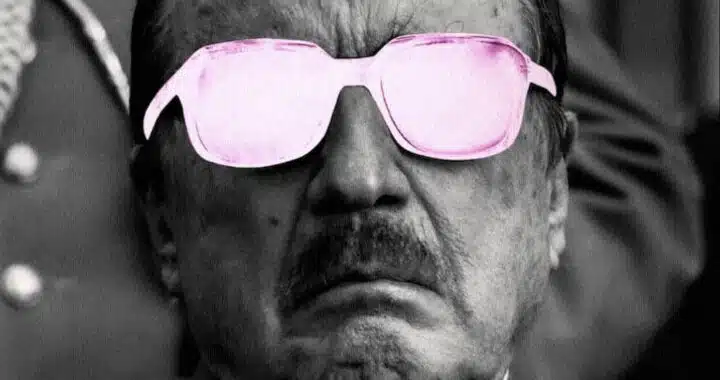
‘Love Lies Bleeding’ Drips with Danger and Desire
Rose Glass drenches Love Lies Bleeding in sensation and texture, as if she dragged the film through pools of viscera on the floor of a Foley sound effects studio.

Rose Glass drenches Love Lies Bleeding in sensation and texture, as if she dragged the film through pools of viscera on the floor of a Foley sound effects studio.

You can smell the cigarette ash and Johnnie Walker Black Label on the pages of A Hitch in Time, a gleefully pugilistic posthumous Christopher Hitchens anthology.

History of offense, protest, and censorship Outrageous is more of a clip show but also a riotous reminder that nothing in the cancel culture wars is new.

Cord Jefferson’s provocative satire on race and literature, American Fiction, skewers modern-day minstrelsy and performative allyship.

Errol Morris’ The Pigeon Tunnel follows a wily, cynical, yet chipper John le Carré down a rabbit hole of Cold War moral ambiguity.

Pablo Larraín’s fascist vampire analogy El Conde somehow trivializes the Pinochet monstrosity at its core.

The second season of Apple TV’s funny, inventive, and self-indulgent comedy whodunnit The Afterparty is utterly unnecessary in the best way.

In Martin Scorsese’s 1985 art punk gem After Hours, a yuppie lost in SoHo is terrorized not so much by the late-night characters but by the city itself.

In Monsters, Claire Dederer explores how fans’ “dumb love” of art can exist with “heartbreak” and unresolved feelings about monstrous artists.

Scott Z. Burns’ audacious if dramatically uneven climate-change Apple TV+ series shows that while the Earth will change radically, people will not.

In Master Gardener, Paul Schrader uses the curiously arch story of an ex-White Power killer hiding out as a gardener to deliver another story of a lonely avenger seeking absolution through violence.

Ben Affleck’s ridiculously crowd-pleasing Jerry Maguire-like movie Air, about Nike landing Michael Jordan, makes a nearly too-late pivot into meaningful marketing.